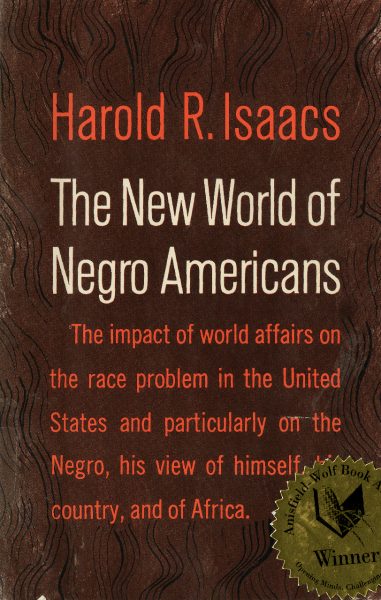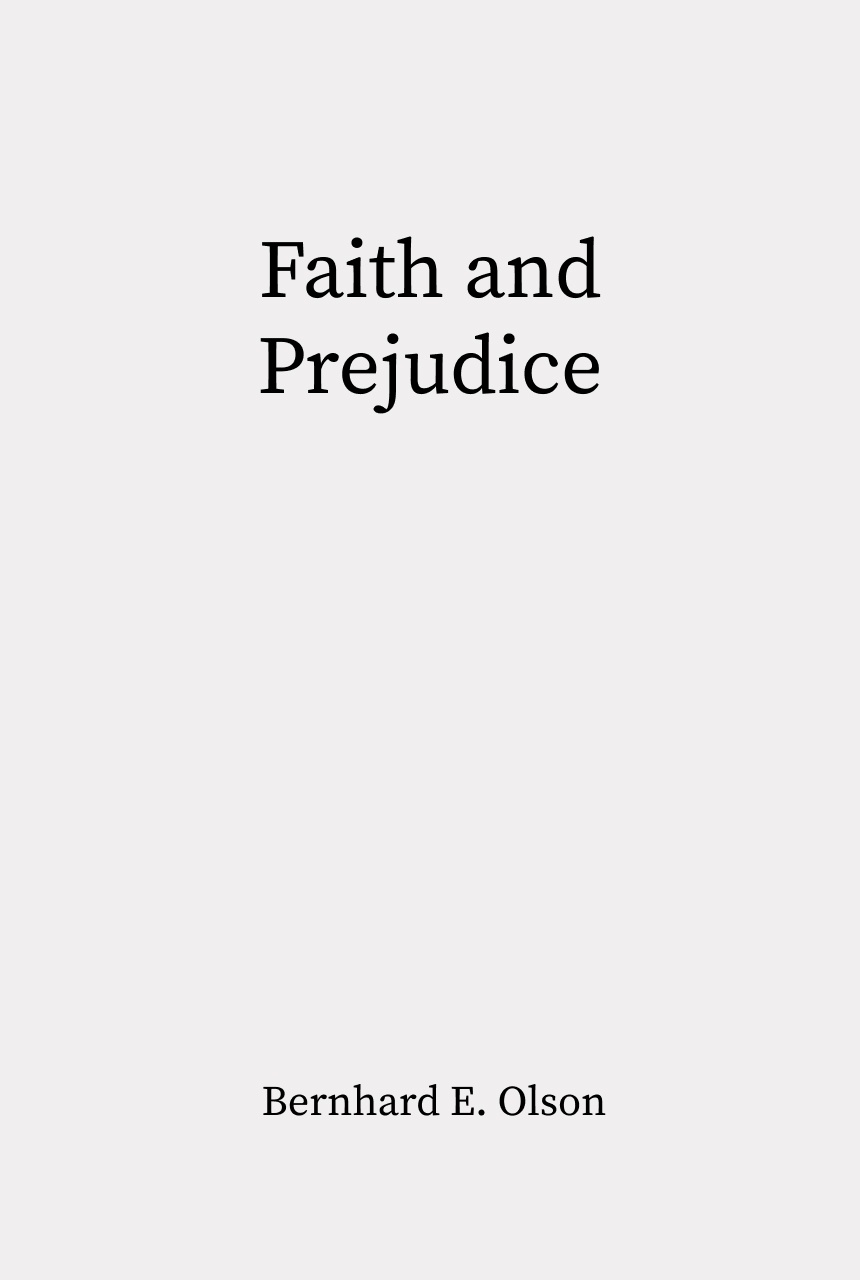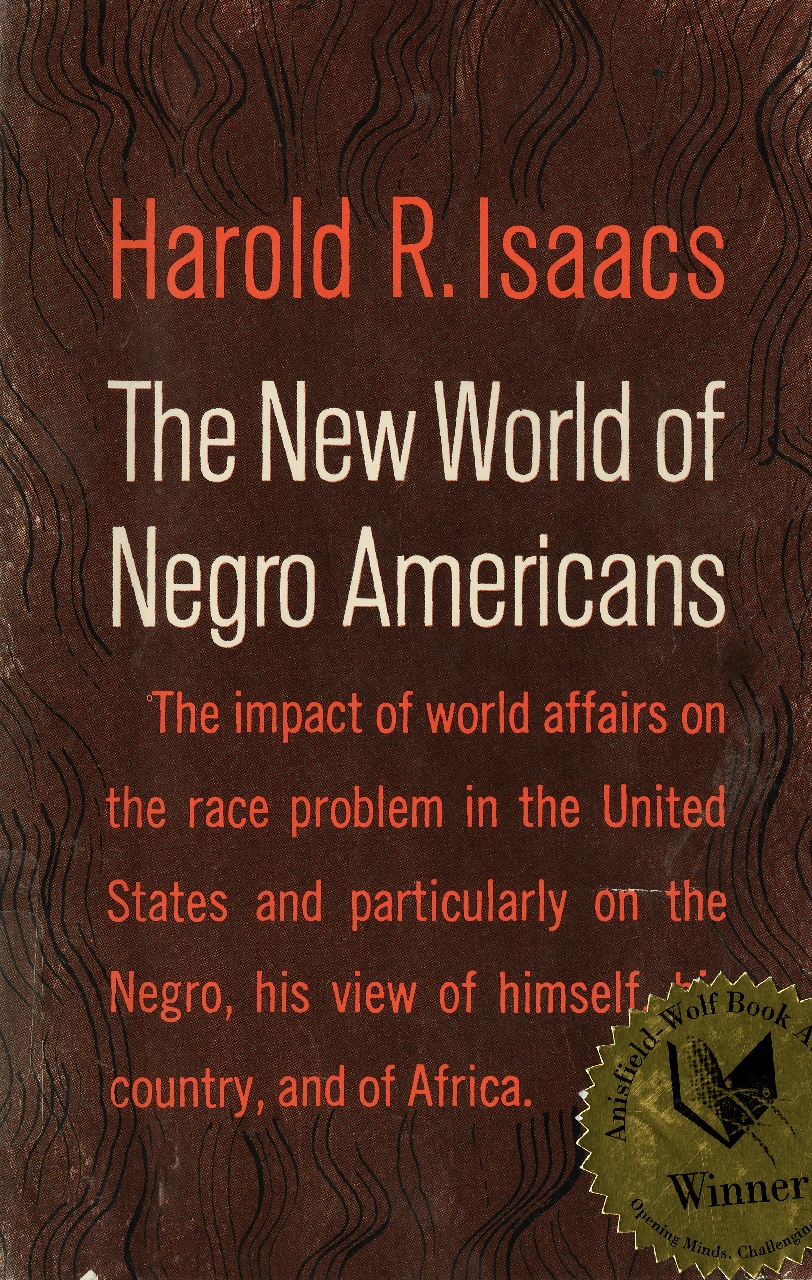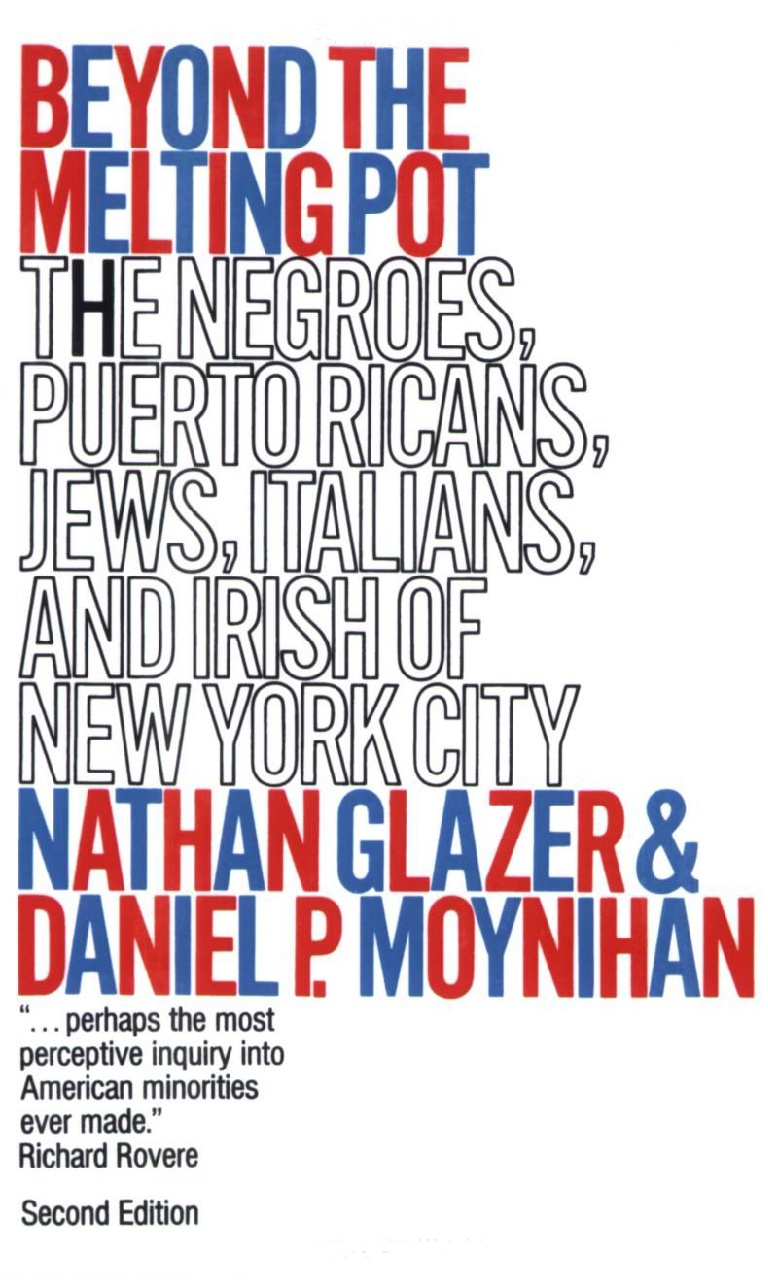Any work by Harold Isaacs, the author of that great classic, The Tragedy of the Chinese Revolution, is of considerable interest. And he has not disappointed us. He has written a first-rate, fascinating book, which has the materials for a full comprehension of the Negro American Revolution in the United States. Based upon a wide and deep knowledge of Negro American history and interviews in depth with a cross-section of Negro Americans from James Baldwin, Ralph Bunche, W.E.B. DuBois, and Jackie Robinson to unknown men and women, the volume probes the impact of world affairs, particularly the African Revolution, on Negro Americans.
Isaacs sees that the African Revolution has transformed the self-attitudes of Negro Americans who now look upon their past as something to be honored, rather than something of which to be ashamed. Seeing colonialism and American racism as stemming from the same reality and same view of non-Europeans, Isaacs views the process as one in which “all Western white men have to get rid of the habits of mastery, and all non-whites the habits of subjection.”
The great strength of Isaacs’ work, in addition to the verbatim reporting of the interviews upon which the book is based, lies in its historical grasp of what is important in the study of the movement of Negro Americans: the history of Negro self-attitudes, the changing views of Negro Americans of Africa, the monumental figures of DuBois, the leader of the NAACP and the founder of the Pan-African movement and Marcus Garvey, the West Indian whose Universal Negro Improvement Association with its dream of ‘Back to Africa’ and its reality of Negro self-pride, electrified the Negro American masses in the nineteen twenties. DuBois and Garvey while antagonistic to each other shaped the modern Negro American consciousness.
Out of all of this and out of the past of Africa, slavery, rebellion, partial accommodation, and alienation from the dominant society, Isaacs offers a report as to the stage at which the task of Negro American self-appraisal has arrived. Tantalizing in its incompleteness, this is, nevertheless, one of the few of the myriad books that have appeared about the Negro Revolution in the United States that has any comprehension of the reality involved.
Harold Robert Isaacs was an historian and one-time Trotskyist historian of the Chinese Revolution of 1925-27. Isaacs went to China in 1930 and became involved with left wing politics in Shanghai. After World War II, he was a member of the department of political science at the Massachusetts Institute of Technology.




